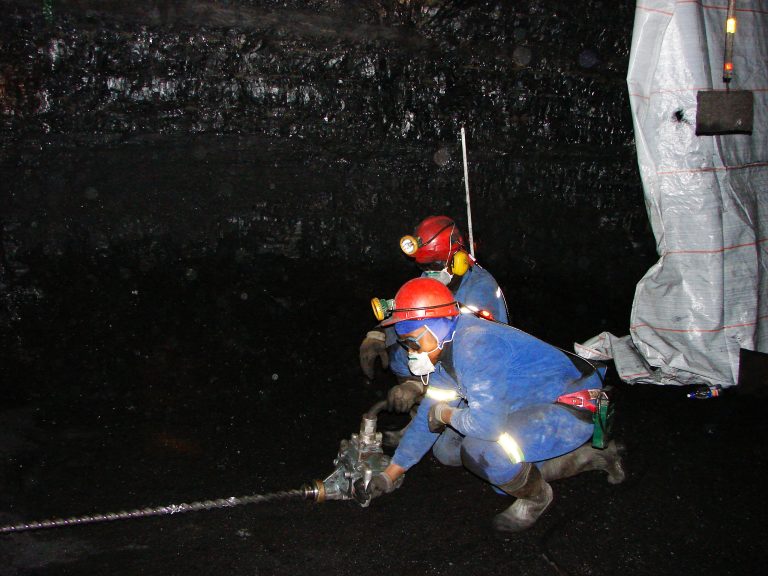Introducing Digital Artisan Training
In addition to the initial training of artisans, during which they are taught how to work with hand-held and power tools, artisan and mining skills training college Colliery Training College (CTC) has introduced Artisan 4.0 training.
Although the need to carry and use physical tools will remain, Artisan 4.0 is more about the virtual world, where devices, sensors, motors and actuators communicate and link with each other in a networked environment, says CTC Emalahleni MD Johan Venter.
“Upskilling in a digital space is very important, but it is equally important to use physical tools in a physical space.”
An artisan will inspect, service or replace the rollers using hand-held and/or power tools, saving an employer “millions” when defective rollers lead to massive belt failures, which could have been prevented if an intelligent system had been used.
This illustrates the importance of integrating traditional training with Artisan 4.0, adds Venter, who notes that the purpose of Artisan 4.0 is to train artisans from any trade in advanced automation and digital skills.
The Artisan 4.0 programme comprises four phases.
Phase 1 consists of free online training, where artisans can learn generic skills, such as basic computer literacy and problem solving, and are introduced to electric circuits, electro-hydraulics and pneumatics.
Phase 2 is an online course, through which artisans will learn about automation systems, networks, power supply, relay and switches, safety components, sensors, drives and control components.
The purpose of this phase is to prepare artisans for the practical workshop phase at CTC Training.
Phase 3 is a ten-day practical workshop at the college, where certain sections of the work that was covered in Phase 2 are enacted on stimulators, notes Venter.
“This phase involves advanced programmable logic control training, electro-hydraulics and electric-pneumatics, pump control, conveyor control and safety systems, as well as a hands-on introduction to autonomous mobile robots.”
Venter adds that Phase 4 of the programme involves the artisans being supplied with a logbook that needs to be signed off by technically qualified supervisory staff. The logbook provides evidence that the content covered during the Artisans 4.0 workshop can be practically applied by the artisan.
CTC Training has also extended its theory training on hand-held and power tools to provide online demonstrations on how to operate hand-held tools.
“This will be free of charge for employers that want to associate themselves with CTC Training College,” Venter concludes.
Introducing Digital Artisan Training


